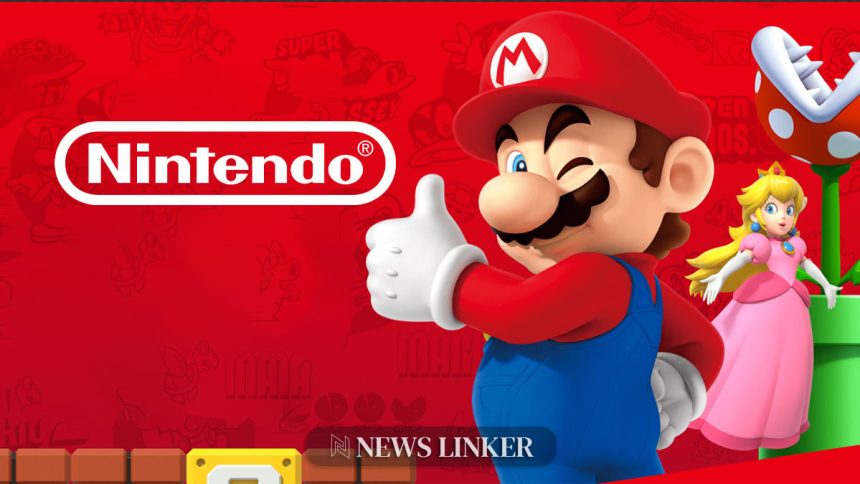Many players and developers are now discussing Nintendo’s recent patent action, which has triggered broad legal speculation across the video game sector. The registration of a new US patent related to calling and battling companion characters in Pokémon Scarlet and Violet’s “Let’s Go!” auto-battle feature has prompted conversations concerning intellectual property rights and the implications for innovation. The debate expands beyond legal circles, gaining the attention of the gaming community as questions grow about regulatory oversight and fair competition. In a time of rapid advancement for both game design and technology law, such decisions influence how different stakeholders strategize and innovate. Both fans and developers are watching to see how this decision might impact the creative landscape and business approaches in the industry.
Nintendo’s legal strategy with patents has sparked debate before, with ongoing discussions about its approach to intellectual property protection. Recent waves of patent awards have drawn criticism from lawyers and developers alike, as restrictions on core gameplay concepts can limit competition. Compared to earlier instances in which game mechanics patents were hotly contested or eventually invalidated, the current approval process is being questioned for lacking deeper industry understanding. The larger history of patent actions in gaming has also seen similar chilling effects, while some stakeholders have successfully challenged such patents in court.
Experts Question Validity of Nintendo’s Patent
Nintendo’s US Patent 12,403,397 outlines specific mechanics underpinning Pokémon Scarlet and Violet’s companion calling and automatic battling functions. Industry analysts note the patent’s detailed legal language, focusing on narrowly defined actions. However, a number of legal professionals, including Don McGowan, the former chief legal officer of the Pokémon Company, have expressed doubts about whether this patent would withstand judicial scrutiny if ever challenged for infringement, due to the existence of similar systems in prior works.
Could the Patent Deter Game Developers?
The very existence of this patent could discourage other developers from pursuing similar gameplay concepts. Legal experts warn that most independent studios and small companies may choose to avoid the risk and expense of litigation, even if the patent may not ultimately be held valid. This results in reduced competition and potentially less innovation in the “pocket monster” genre, as uncertainty hangs over what’s allowable.
How Do Legal Opinions Vary on the Issue?
Richard Hoeg, a lawyer specializing in games industry law, has emphasized the strategic intent behind Nintendo’s patent filing.
“The filing for such patent protection indicates that Nintendo does intend to pursue a legal strategy in defending itself against entrants in the pocket monster genre,”
Hoeg explained, while adding that tangible lawsuits may not even be necessary, as the potential for legal action alone can deter competitors. He believes current US patent office procedures may lack the specific expertise needed for evaluating game industry patents.
“Law and technology are often strange bedfellows, and in my opinion the patent office has appeared out of its depth on evaluating videogames for quite some time,”
Hoeg stated, suggesting systemic reforms could be needed.
Current debate about Nintendo’s patent filing on core Pokémon mechanics showcases ongoing friction between legal protection and open competition within the gaming industry. The balance between safeguarding business interests and enabling creative developments is especially delicate in genres built on iterative features. For developers, understanding the risks and boundaries imposed by such patents is vital, while consumers benefit from clear, competitive landscapes. Observing responses from industry leaders and legal authorities in similar cases may help inform future policies and strategies. Stakeholders considering new game concepts might analyze past legal outcomes and further consult with intellectual property experts to navigate these evolving challenges.
- Nintendo’s recent patent concerns Pokémon Scarlet and Violet’s battle mechanics.
- Legal experts question if this patent will hold up against prior art.
- Industry worries about innovation being limited by the patent’s existence.










